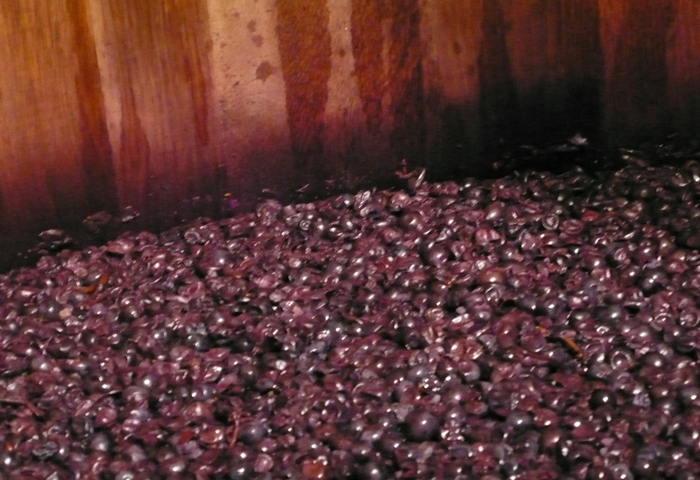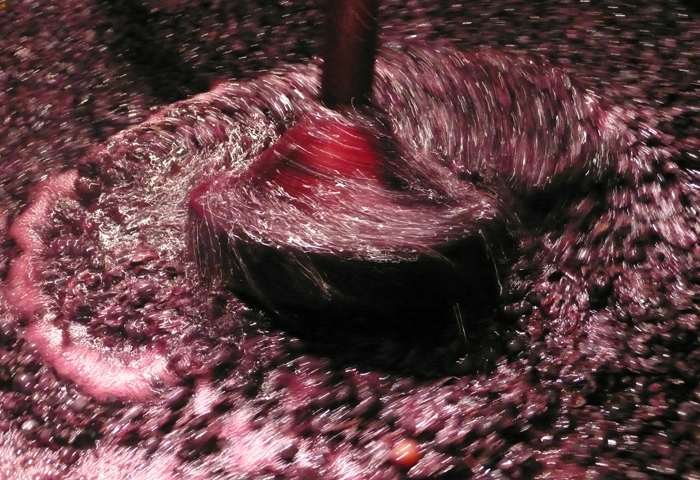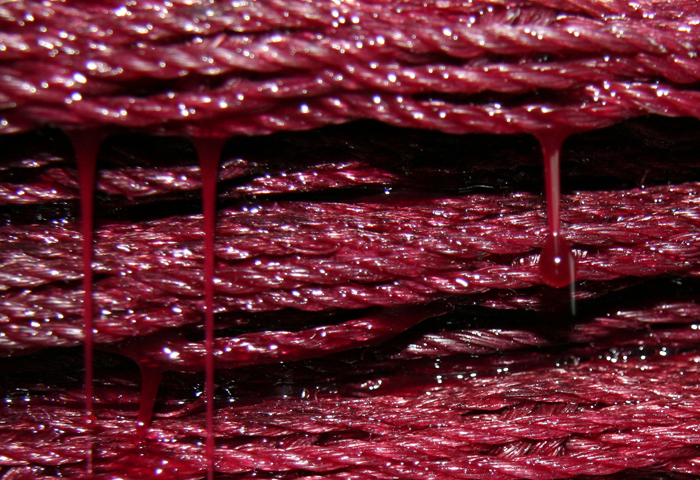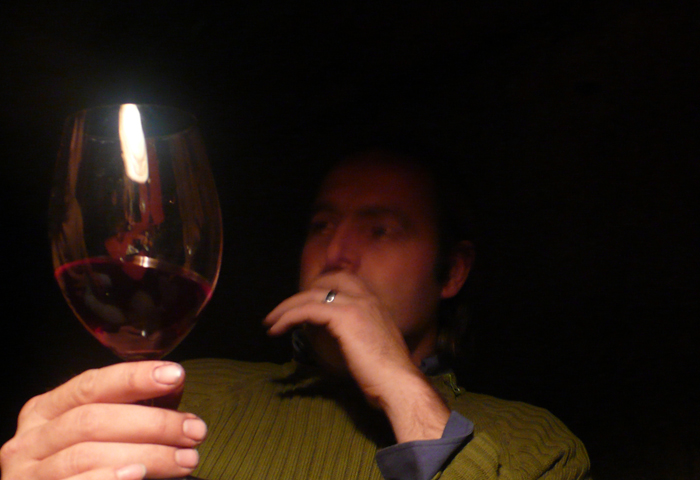New and Fairer Whole
Reflection No. 03
Because the soul is progressive, it never quite repeats itself, but in every act attempts the production of a new and fairer whole. — Ralph Waldo Emerson, "Art"
The evolution of humanity is the result of an inherent instinct to innovate. Each new discovery reveals more possibility. The nomadic lifestyles of our ancient ancestors gave way to established communities once the concept of cultivation was understood. Knowledge of fermentation turned winemaking into connoisseurship. Between farming and fermentation a whole new world of oenological possibilities has made the wine world a dynamic arena for expression.
Does all our innovation and knowledge about science and technique make us better? Better people? Better winemakers? Do we make better wines? Being a driver of evolution requires mindfulness too. We should consider our motivation when we set about doing things that result in change. In the case of wine, the big debate about vins de l'auteur revolves around who the author actually is (or should be): man or nature. Who is the protagonist of in the story of life—or wine?
The thing about being human is that we are free to choose. A winemaker can make wine for fame or profit, or can be a humble servant to nature and the vine. What happens if we are so busy looking forward that we forget the value in the past? Without the context of history, culture and soil, wine becomes homogenous, created for style. Style is a manipulation which is motivated by giving people what someone told them they want to buy. But the ability to create holds the opportunity to inform and elevate people. Without standing for something now, we may end up on a path that does not lead to such a fairer whole.




